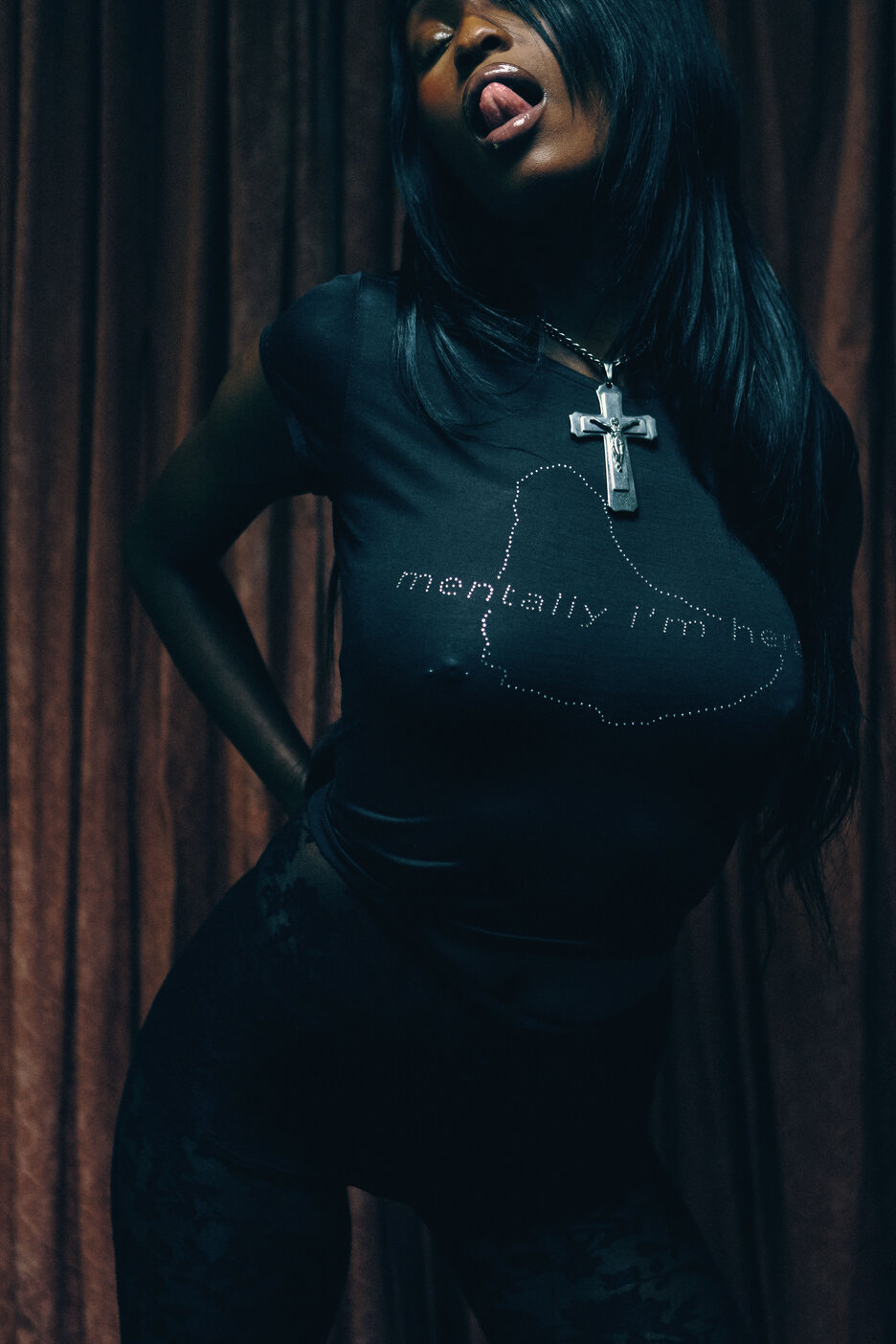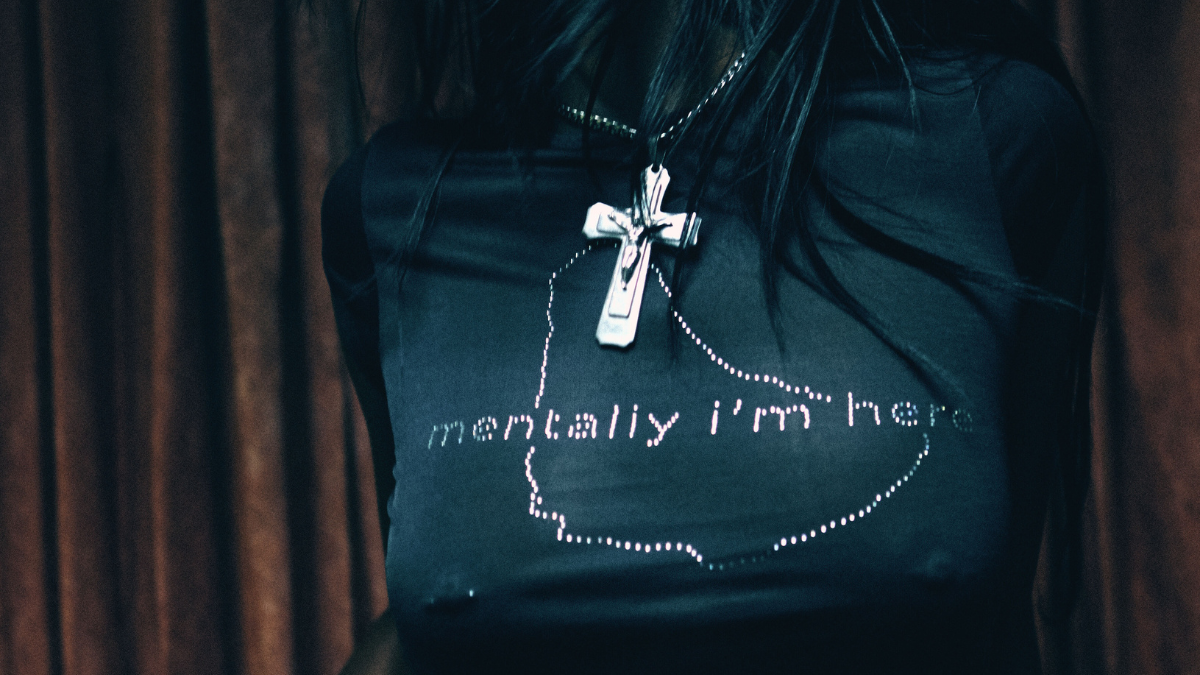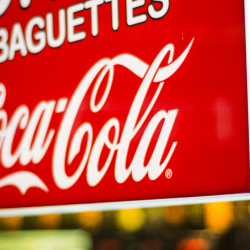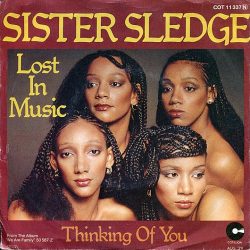The era of the digital nomad is now. With the rise of remote work following COVID-19 and countries increasingly offering digital nomad visas, career opportunities are no longer constrained by geographical borders.
In the UK, the cost of living crisis, widening wealth gaps, the fragile housing market and ongoing racial disparities are prompting many Black British citizens to look for greener pastures abroad.
Twin City is a UK-based start-up, offering members opportunities to home-swap, connect with fellow creatives and participate in local experiences. Our Editor-at-large, Natasha Randhawa, sits down with Twin City’s co-founder Jamiel Thompson, to chat about the launch of their ‘Mentally I’m Here’ collection, the pros and cons of remote work and what all of this could spell for the UK’s creative workforce.
Jamiel, welcome! Tell us how the ‘Mentally I’m Here’ collection came about
As a creative, I’m always soaking up what’s going on around me and translating it into words, visuals, or sound. One thing that kept coming up on UK Black Twitter was the phrase, ‘London is bad vibes.’ It’s something I’ve seen discussed from so many different angles — some people say it’s because there’s nothing to do, others because people aren’t as friendly. Usually, it’s the kind of thing you hear from someone coming back from holiday and having to face the grind again.
More recently, I noticed people weren’t just saying it after a trip — they were actively planning to leave. The sentiment felt deeper. It was no longer about a quick escape but about finding a better life elsewhere, and that’s where the ‘Mentally I’m Here’ collection was born. It reflects this shift, this desire to be somewhere else — physically, mentally, emotionally.
Let’s talk numbers. 39% of Black Brits under 25 want to leave the UK and 1 in 7 people of colour have already booked their ticket. I can personally resonate, having left London in 2022 to work remotely full time. Why do you think we’re seeing this shift?
I think this generation is experiencing something very similar to what our parents went through before they migrated to places like London, New York, or Toronto. Maybe a lot of Black Brits don’t feel truly British. It’s not just about economics, though the cost of living plays a huge role. It’s the constant undercurrent of racism that people are tired of dealing with, and with the far-right gaining traction across Europe, it’s becoming even more palpable.
Our presence in these cities is directly tied to the migration patterns that started with the transatlantic slave trade. My mum used to remind me all the time, ‘I didn’t carry you to this country for foolishness.’ But now, with rising living costs and systemic issues, the UK doesn’t seem as promising for Black folks as it once did just a generation ago.

Many of our POC peers have personal experience of bridging cultures. Do you see this reflected in the Twin City community? How can businesses tap into the talents of this multicultural, mobile creative class?
I wouldn’t say it’s fully reflected in the Twin City community yet, but that’s something we’re working on. I’ve noticed Black people tend to be more hesitant to home swap because of how personal our homes are to us. That said, as a Black business owner, I’m intentional about making sure our community is represented.
There’s a massive opportunity for businesses to tap into this new wave of creatives — people who understand multiple cultures and bring a unique perspective. They’re adaptable, curious, and have an international mindset that’s incredibly valuable in today’s global market.
Digital nomadism has faced its share of backlash, with local communities suffering the impact of tourism gentrification. How does Twin City mitigate these issues?
Absolutely, tourism gentrification is a huge issue, especially in cities like Cape Town, Barcelona, and Berlin. Platforms like Airbnb make it more profitable for landlords to rent out homes to tourists instead of locals, driving up housing costs and pushing residents out. With Twin City, we’re different. You’re staying in someone’s home, but it’s an equal exchange — it’s a shared economy. The beauty of home swapping is that it helps keep locals in their homes while still allowing travellers to experience the city like a local. Everyone contributes, and everyone benefits.
Your latest activation was at Notting Hill Carnival, one of the biggest events in the Black British calendar. How was that? What advice do you have for brands looking to authentically engage in cultural events?
Carnival has always been a personal favourite for me. I’ve been going since I was a kid, and I come from a family that loves sound systems and music. So working on this activation was like a dream come true. We’ve collaborated with brands at Carnival over the years, but this time, we got to do it from our own platform.
My advice for brands is simple: be respectful and work with people from the culture. It’s not complicated — just listen to them, take their insights seriously, and approach things with genuine respect.
What are your predictions for the impact of this mass exodus on the UK’s ad and wider creative scene?
I’m actually excited about what’s coming. We might see smaller, lesser-known cities getting some well-deserved recognition as new creative hubs, like Lisbon. But with that, I expect some tension, especially with a new wave of migrants who may be a different class from the locals. It’s something we’ve already seen with the Black transplants in New York.
That said, there’s a lot of potential for fresh, new voices and perspectives to emerge. And brands that are genuinely invested in engaging with the Black British diaspora need to be ready to embrace that change authentically.
Featured image: Mentally I’m Here / Twin City


































